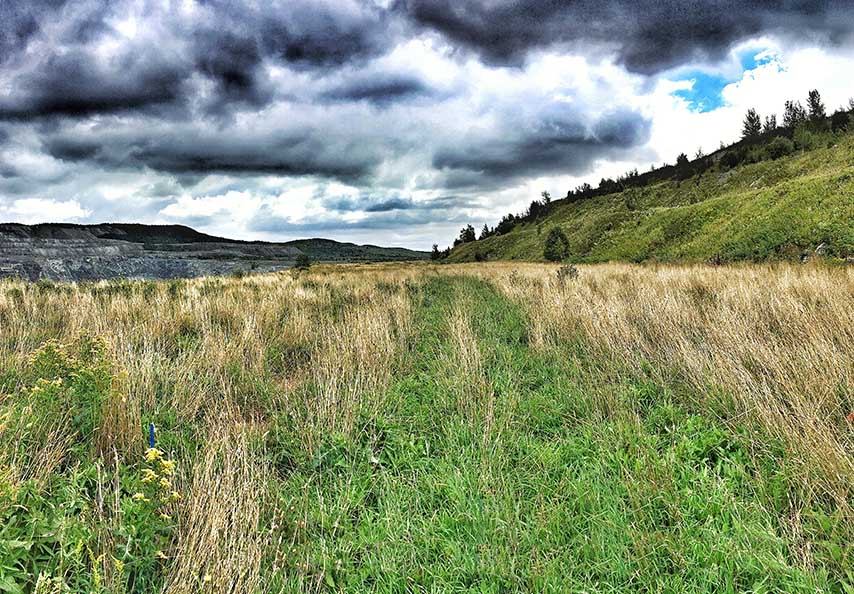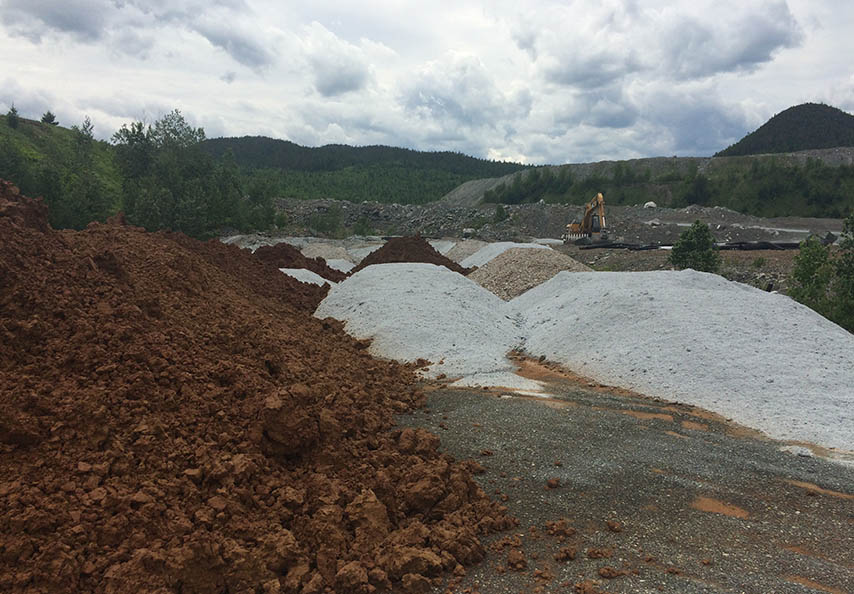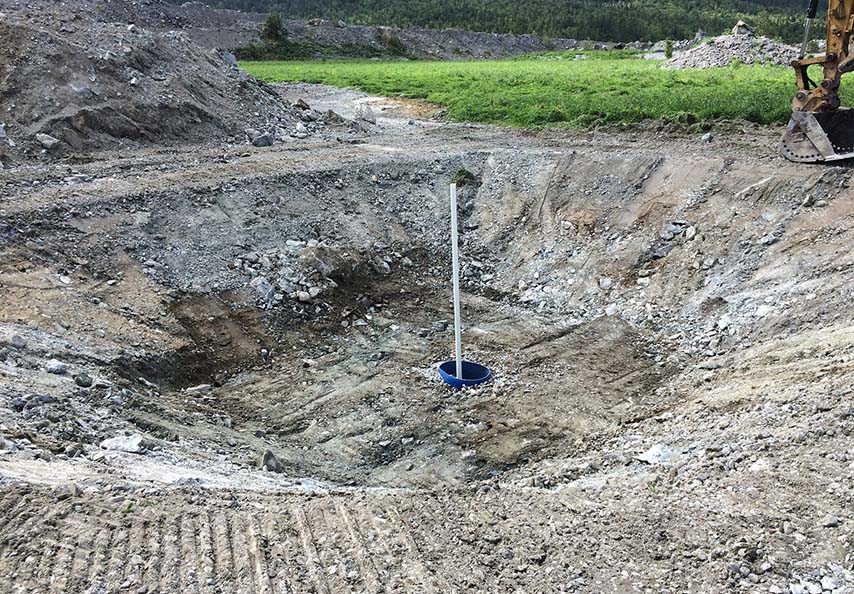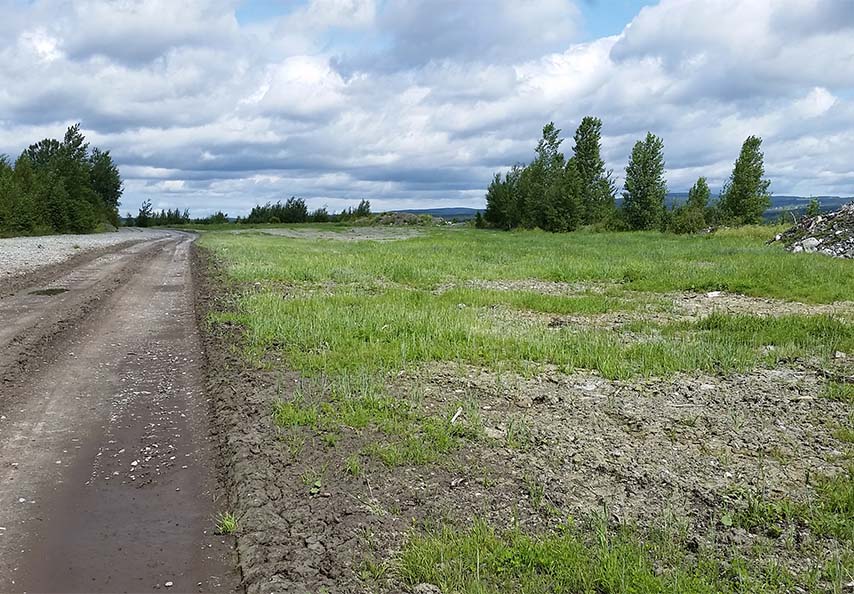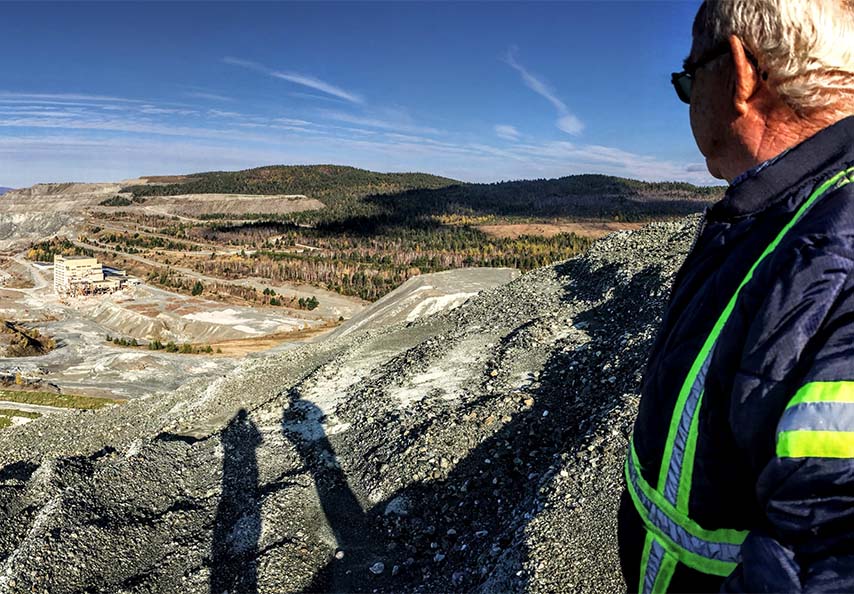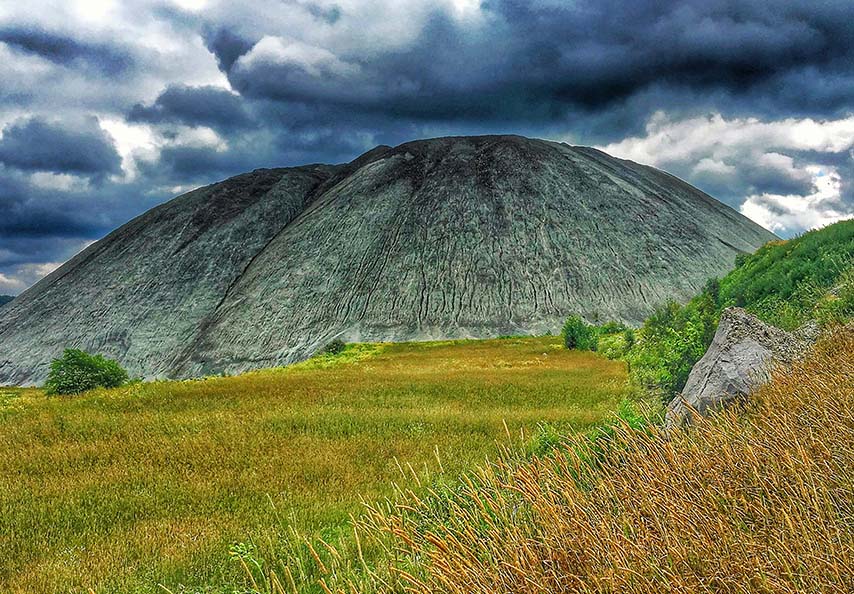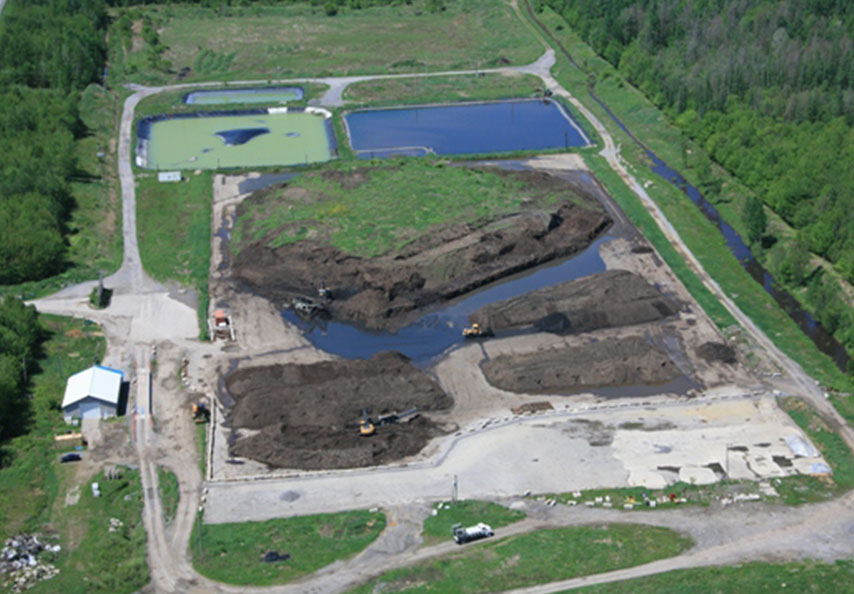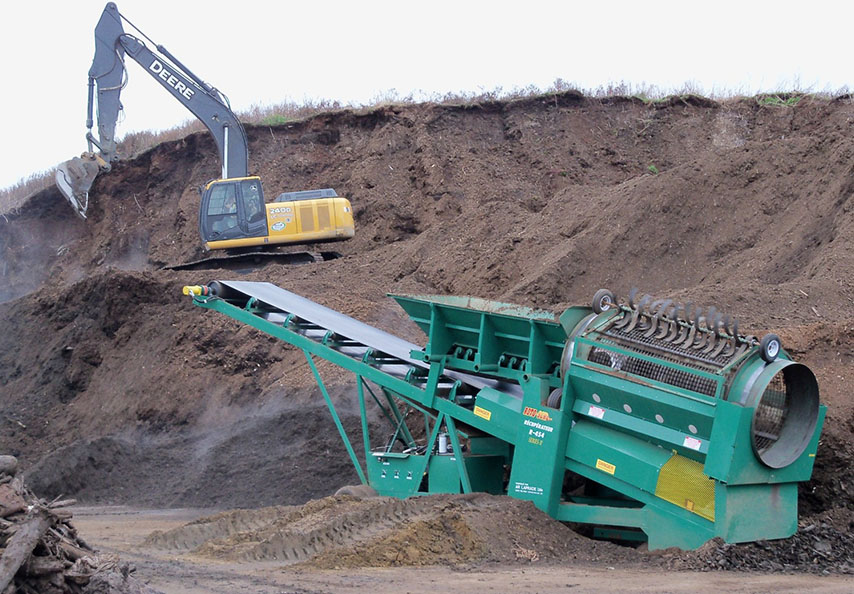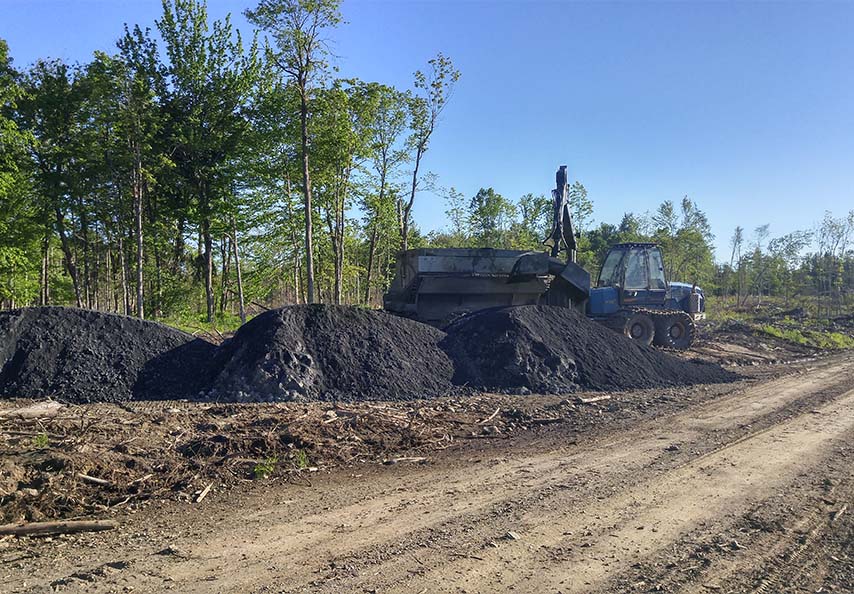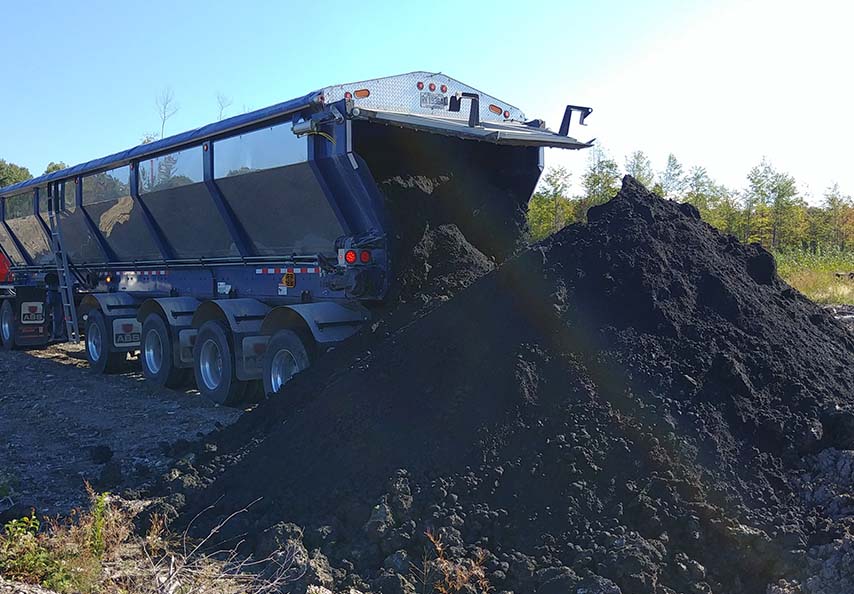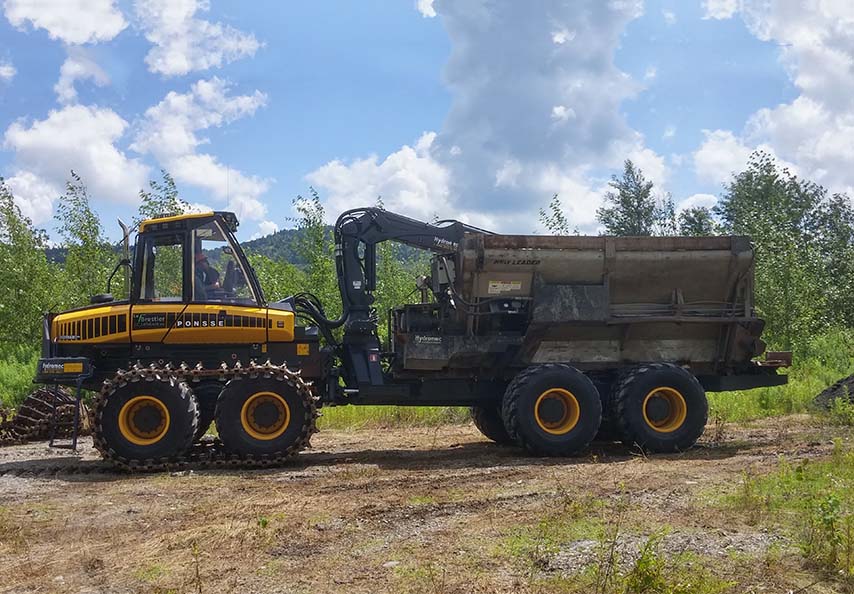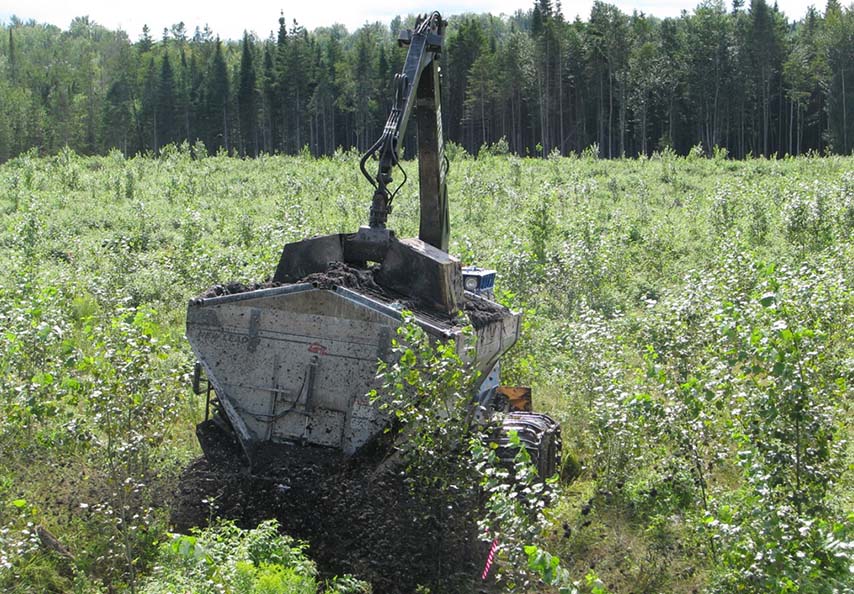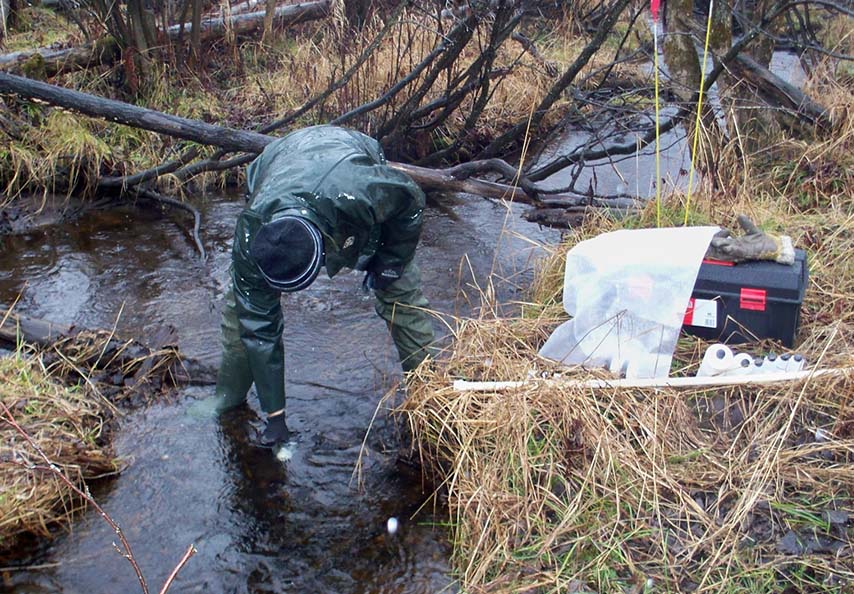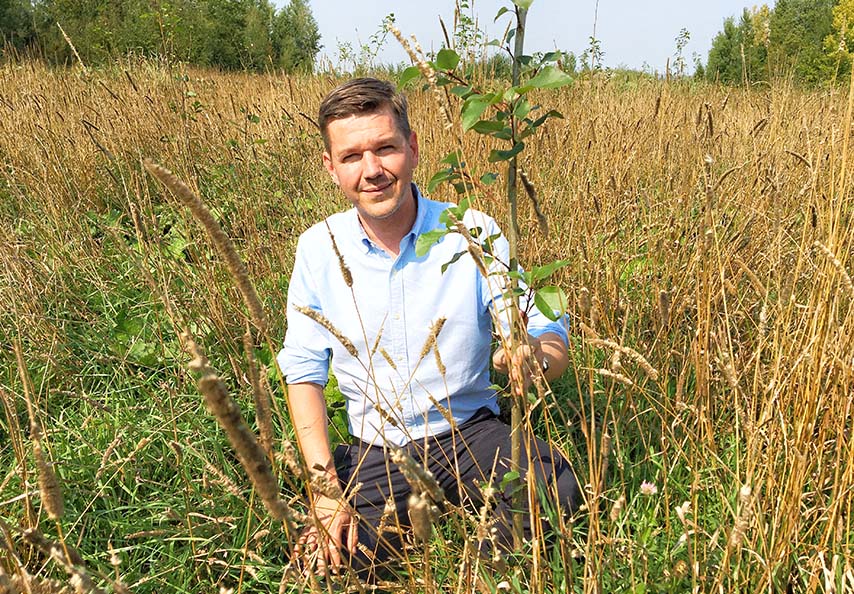Environmental Consultation
Viridis environnement, a leader in environmental solutions!
Viridis offers its clients viable solutions that meet environmental, social and cost considerations: sustainable solutions by definition!
Viridis has expertise in a variety of fields, including degraded sites rehabilitation, fertilization of forest settings, product development from fertilizing residual materials (FRM), soil production from FRMs and from decontaminated soil, and waste treatment.
The company relies on a team of professionals experienced in the design and monitoring of environmental projects, the upgrading and certification of BNQ fertilizing products, the management of the transportation, storage and recycling of waste and the preparation of agro-environmental fertilization plans (AEFPs) agro-environmental recycling plans (PAERs) for agricultural establishments.
The Viridis team includes engineers, agronomists, biologists, technicians and other environmental specialists, and will be able to meet your needs.
Rehabilitation of degraded sites
Viridis offers a turnkey service based on the needs and characteristics of the degraded site. The company relies on a multidisciplinary team in its rehabilitation of mining sites, former landfill sites, and quarries and sand pits that are shutting down. It applies its expertise and services to help clients find economical and sustainable solutions.
The use of FRMs makes it possible to design much more economical projects than those based on traditional methods, while at the same time offering a swift and effective way to recreate a sustainable vegetation cover. In addition to valorizing the site and helping to improve the landscape, the work done by Viridis also helps to control erosion through a permanent vegetation cover.
The rehabilitation work done by Viridis is designed to quickly restore the site ecosystems. Some of the work also helps to control sources of nuisances such as dust, odours and noise.
Our services include:
- The provision of substrates and other cover materials
- Setup, civil engineering work, etc.
- Seeding, fertilizing and performance guarantees
- Planting trees or meadow species
- Environmental characterization and follow-up
- Securing of permits and authorizations
- Management of works and sub-contractors
Our clients
- The mining industry, MRN, MTQ
- Industries dealing with degraded sites
- Municipal and public administrations
- Landfill site operators
- Quarry and sandpit operators
Disposal of type A-B soils
A new solution for A-B soils disposal! The Viridis team proposes efficient solutions, adapted to your needs, to help reduce your cost of disposing of A-B soils, in compliance with the Land Protection and Rehabilitation Regulations, and to make disposal choices that have positive environmental impacts. Viridis’ technical services are simple, efficient and ecological, ensuring that your project will be quickly approved (nature of the contamination, soil characteristics, estimated volumes). A scale is provided on site to weigh the trucks, and Viridis is authorized to receive soils that have been characterized in situ or that were treated at an authorized site. Viridis uses type A-B soils to create a substrate that can be used to grow vegetation on the Black Lake asbestos mine rock piles, thereby helping to restore that site and improve the environment!
Fertilization of forest plots
Recycling in forest settings involves applying a fertilizing residual materials (FRM) such as pulp and paper or municipal biosolids, for instance, to existing or even new tree plantations. The FRMs help with the planting and the growth of the trees. Since 2009, Viridis has recycled more than 150,000 tonnes of FRMs in forest settings in connection with the planting of hybrid poplars, in collaboration with pulp and paper industries. Thanks to its expertise in this field, Viridis can provide its customers professional services in regard to the supply, management, technical support and environmental monitoring of the use of FRMs in forest settings. That type of work requires an authorization from the ministère de l’Environnement et de la Lutte contre les changements climatiques (MELCC). According to the MELCC, recycling organic waste is the best way, from the environmental point of view, of disposing of such waste. It entails lower greenhouse gas (GHG) emissions compared to landfill disposal, and promotes the growth of trees, which for their part capture GHGs, providing a twofold advantage. By complying with regulatory requirements and proper agronomic practices, FRM recycling in forest settings represents a highly economical means of fertilization and a global solution for the management of organic waste that poses negligible risks to the environment. The approach contributes to the MELCC’s 2020 goal of zero organic waste to landfills.
Contamination soil treatment
Stay tuned for further details about this new service!

